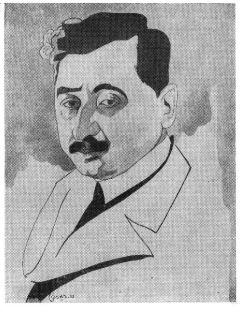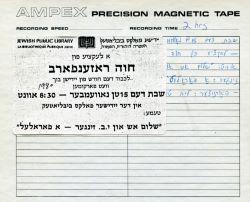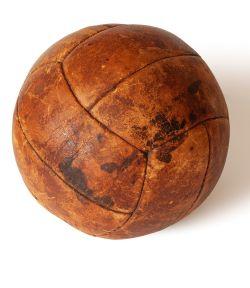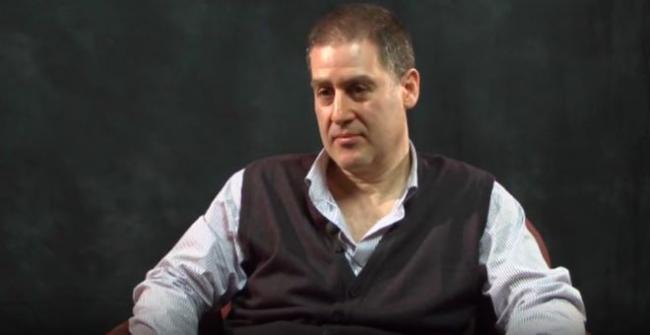Weekly Reader: The prolific, popular, and controversial Sholem Asch
Sholem Asch is one of those writers who was big in his day—huge, even—but whose star has faded with time. Nonetheless, we keep coming back to him. Prolific, popular, and controversial, Asch was a writer who appealed both to the literati and to a mass readership, and he was one of the first Yiddish writers to reach a large audience in translation. More recently, the obscenity trial surrounding his play Got fun nekome (God of Vengeance), as well as its frank depiction of two women in love, inspired Paula Vogel’s Broadway hit Indecent. God of Vengeance is part of the Underworld Trilogy recently published by the Center’s White Goat Press, which also includes Motke Thief and The Dead Man, all translated by Caraid O’Brien. Of course, Asch’s oeuvre extended beyond a few controversial pieces. In honor of his sixty-third yortsayt, which is tomorrow, let’s take a closer look.
—Ezra Glinter, Senior Staff Writer and Editor
On Demand

If you’re looking for Asch’s books, they are, fortunately, not rare. Our Steven Spielberg Digital Yiddish Library has a huge selection available for reading and downloading, and if you want a copy to hold in your hands, we can help with that. Not surprisingly, Asch was one of the authors selected for inclusion in the Sami Rohr Library of Recorded Yiddish Books, a collection of Yiddish works read and recorded at Montreal’s Jewish Public Library in the 1980s and ’90s.
Read Asch’s books in the Steven Spielberg Digital Yiddish Library
Listen to Asch’s books in the Sami Rohr Library of Recorded Yiddish Books
In Translation

Asch was one of the first Yiddish writers to be published widely in translation, and some of his books appeared in English before they were released in Yiddish. Unfortunately, a lot of those translations are now rather dated and out of print. If you’re looking for something a bit fresher you could always order the Underworld Trilogy or read this short story, “A Winter in the Shtetl,” translated by Ellen Cassedy.
Under the Microscope

Given that he died in 1957, and the recordings only start in 1953, Asch doesn’t appear in the Frances Brandt Online Yiddish Audio Library, our collection of recordings taken from Montreal’s Jewish Public Library. But that doesn’t mean there weren’t plenty of talks and lectures about Asch. Here is one, viewing him in comparative perspective with Isaac Bashevis Singer, given by none other than the great Yiddish novelist Chava Rosenfarb.
A Man and His Medicine Ball

If you imagine that Asch must figure in our new core exhibition, Yiddish: A Global Culture (opening October 15!), you would be right. Asch is one of the many Yiddish writers who appeared on special “celebrity” postcards that will be on view. Even better, thanks to Asch’s great-grandson and our own bibliographer and editorial director, David Mazower, we have Asch’s own medicine ball, which he was evidently quite attached to.
Father and Sons

In our Yiddishist circles, Sholem Asch is the big name. In other cultural corners, his children were even more famous. One of his sons, Moe Asch, was the founder and longtime head of Folkways Records, a cornerstone of the American folk revival in the 1950s and ’60s. Another of his sons, Nathan Asch, was also a writer, though perhaps less famous than his father or brother. And as just mentioned, his great-grandson, David Mazower, is our own bibliographer and editorial director. David has spoken frequently and written a lot about his famous forebear, but here he is back in 2011, being interviewed by our Wexler Oral History Project.
